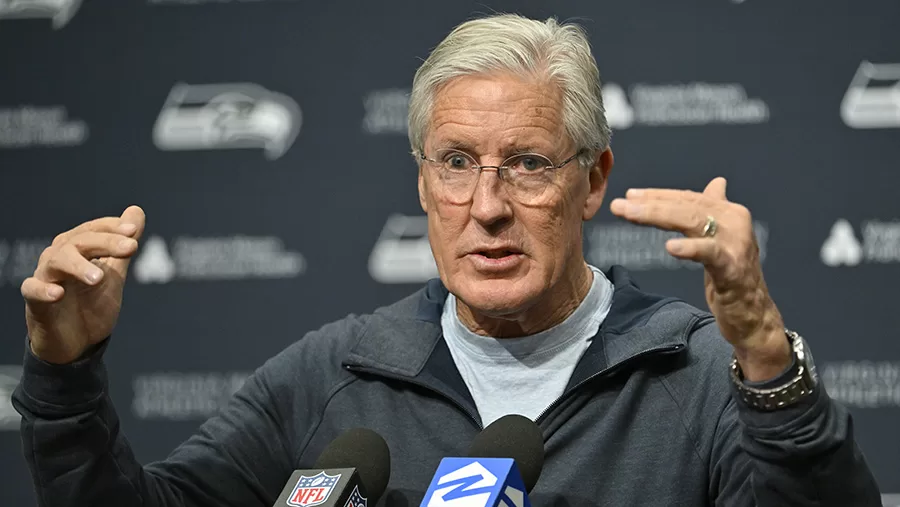Pete Carroll Attributes Seahawks Dismissal to Involvement of ‘Non-Football People,’ Opens Discussion on Decision-Making Dynamics
Pete Carroll Attributes Seahawks Dismissal to Involvement of ‘Non-Football People,’ Opens Discussion on Decision-Making Dynamics Following Pete Carroll’s surprise dismissal as head coach of the Seattle Seahawks after 12 seasons, a critical question has ignited the NFL landscape: are “non-football people” exerting undue influence on team decision-making? Carroll’s statement announcing his departure hinted at this … Read more


